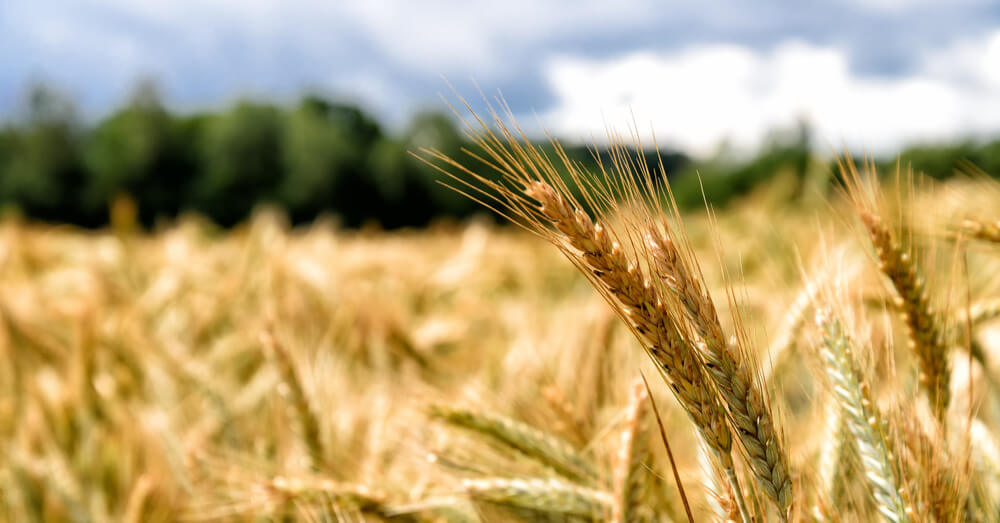
Two companies have decided to begin testing in Brazil to share information to make supply chains more efficient
Bunge and Cargill — the world’s largest grains and oilseeds companies — have decided to collaborate on the creation of Covantis, a joint venture that will harness the power of blockchain technology in Brazil’s agricultural sector.
The project, which will work on the exchange of information between all the members of the Covantis, will include the participation of other agribusiness giants such as Cofco International (a Chinese state-owned company), Louis Dreyfus Company (LDC) from France, and the Dutch multinational Glencore Agriculture.
This group of companies is responsible for moving around over 550 million tons of grains and oilseeds on a yearly basis. The goal of the partnership between Bunge and Carfill is to bring together the sector’s data, and facilitate communication between all participants. This is expected to improve the logistics processes at the ports with the help of blockchain technology, and the official platform may be launched as soon as next year.
The CEO of Covantis, Petya Sechanova, said that the company “should become the leader of operations in our sector and will be able to streamline processes, modernise, and digitise them.”
Sechanova explained that the company chose Brazil due to the complexity of the market. According to her, the country regularly experienced “chain sales” or “string sales”, in which dozens of intermediaries had to work together for the shipments to push through—even though only the final buyers and senders from end to end have actual contact with the physical shipment.
The Director of the Contracts Committee of the National Association of Cereal Exporters (Anec), Marcos Amorim, explained that this is a complex and cumbersome process.
“Imagine that each shipment has both a purchase contract and a sales contract, that there are phytosanitary certificates attached to them and a series of other documents required by different countries. And that ships form lines and must have a certain loading rate. This greatly escalates the operation at the port and the delay at any end implies losses for the entire chain.”
The goal of Covantis is to streamline this workflow with blockchain technology, which will help direct the flow of information, prevent fraud and ensure the security of the data that is shared.
Sechanova has revealed that in the long term, Covantis hopes to gradually bring together all the bulk shipments of grains and oilseeds from its founding companies in the world. Once they are established in Brazil, Covantis is setting sights on Argentina and the US.
